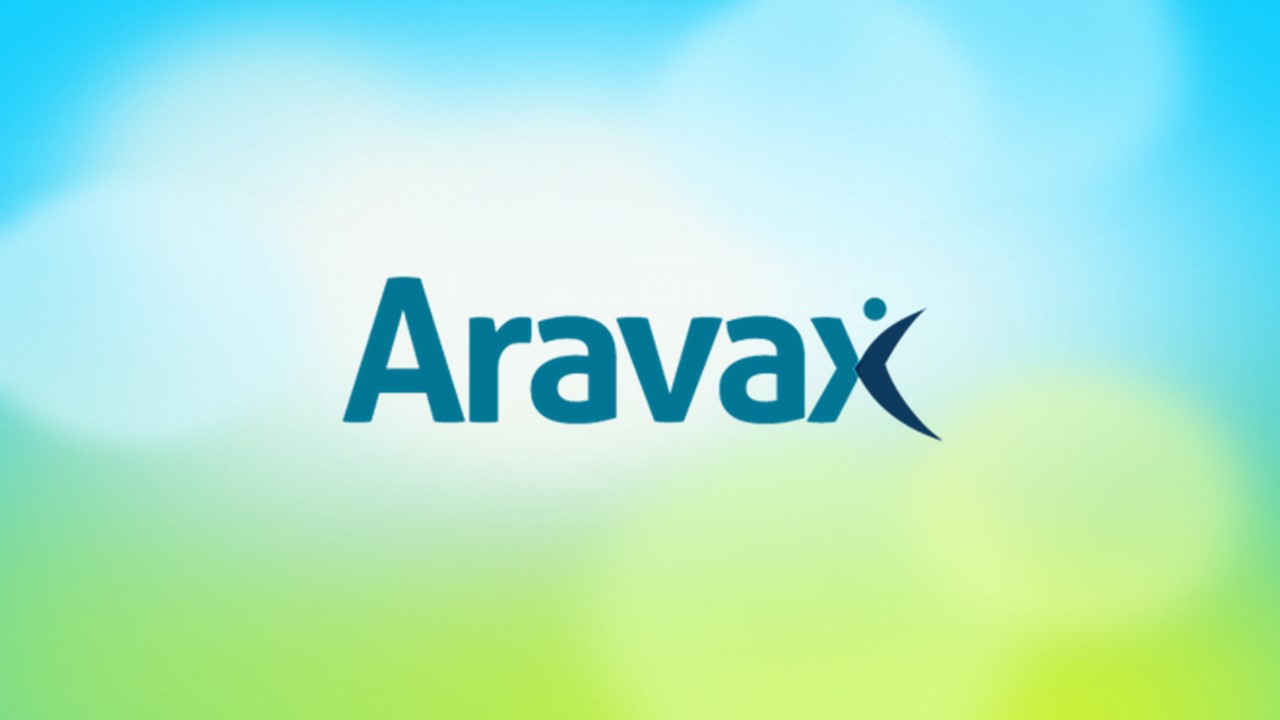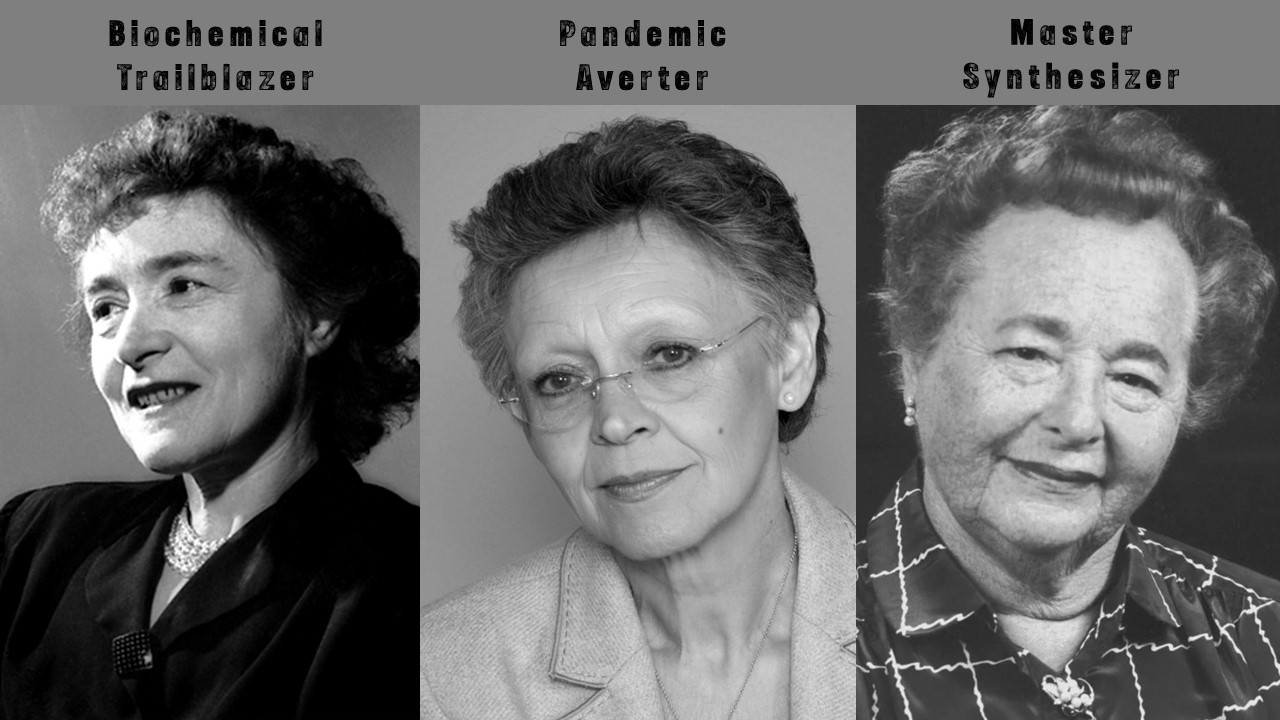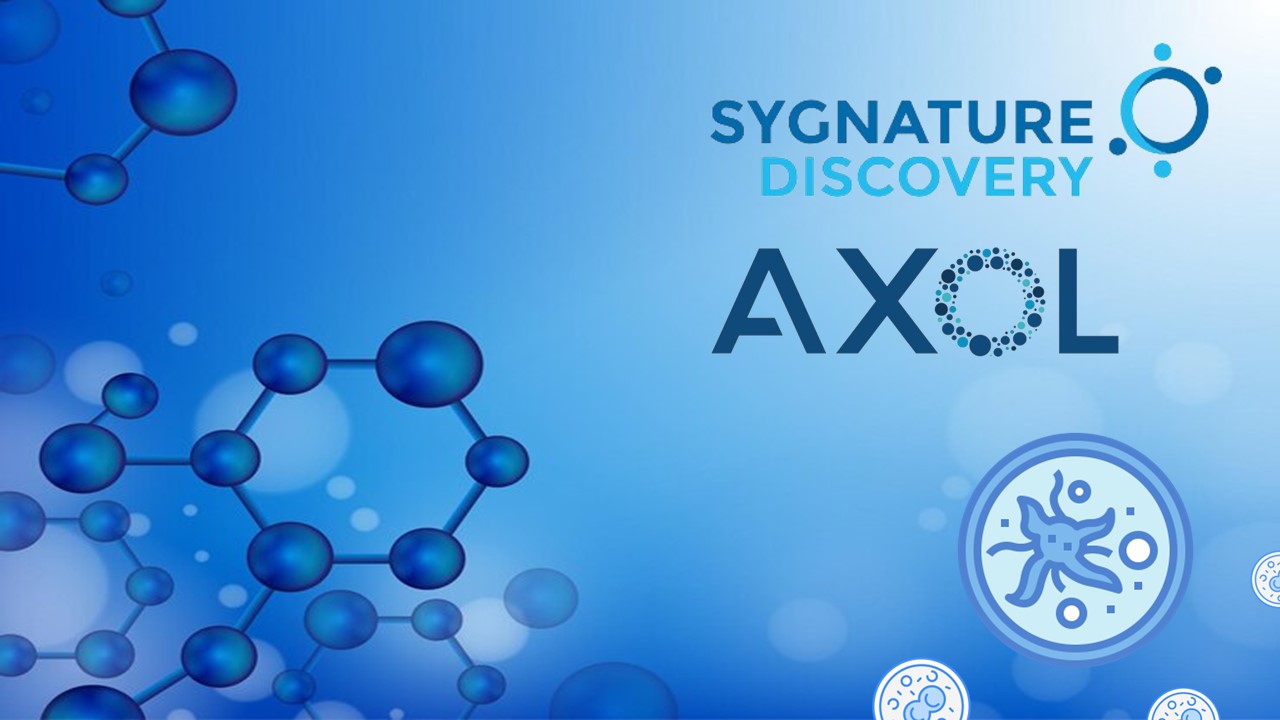
This week in pharmaceutical investments, Pfizer announced plans to buy Trillium Therapeutics for $2.3 billion in a move to support discovery and development of therapeutics targeting CD47; Eli Lilly announced a multi-year research collaboration and licensing agreement with Lycia Therapeutics, focusing on protein degradation, using Lycia’s lysosomal targeting chimera, or LYTAC, protein degradation technology.
Pfizer Proposes to Buy Canadian Biotech Trillium for $2.3 billion and CD47 Lead Candidates
Pharmaceuticals leader Pfizer has recently announced a deal of $2.3 billion to purchase Trillium Therapeutics and it’s two lead candidates TTI-622 and TTI-621 – both of which target the signal-regulatory protein alpha (SIRP alpha)/CD47 pathway.
Trillium’s immuno-oncology portfolio is a desirable asset for Pfizer, demonstrating considerable progress in targeting the CD47 pathway, with a focus on haematological malignancies.
Both lead candidates TTI-622 and TTI-621 are currently in Phase 1b/2 development across several indications.
CD47, a cell surface receptor, has emerged as a hot target in cancer research, due its presence on the surface of cancer cells across a spectrum of cancer types. Consequently, the acquisition will enable Pfizer to strengthen their haematology portfolio, by combining their diverse knowledge in this area and take advantage of Trillium’s current developments.
In a recent press release, Andy Schmeltz, Global President & General Manager, Pfizer Oncology said “The proposed acquisition of Trillium builds on our strong track record of leadership in Oncology, enhancing our hematology portfolio as we strive to improve outcomes for people living with blood cancers around the globe”.
The acquisition will no doubt see Pfizer reinforcing their presence in the immuno-oncology market, and potentially lead the way in developing safe and effective immunotherapy for haematological malignancies. However, the market for CD47 targeted treatment is becoming increasingly competitive, with companies like Arch Oncology also pushing CD47 therapeutics through Phase 1/2 studies.
The benefit of such competition will hopefully accelerate the current CD47 treatments in development through clinical trials and benefit the patient populations who need it the most.
Shape Therapeutics Collaborates with Roche in Strategic Move to Advance RNA Editing Technology
On August 24 2021, biotechnology company Shape Therapeutics announced a multi-target strategic collaboration and license agreement with Roche. The Seattle-based biotech focuses on the development of RNA technologies to “shape the future of gene therapy”.
Shape (TX) will apply its innovative RNA editing platform and potentially leverage its adeno-associated viruses (AAVs) platform to identify tissue-specific AAVs for the development of next-generation gene therapy for specific targets in areas of neurological diseases like Parkinson’s and rare diseases.
In addition to an initial payment, Shape (TX) will be eligible to receive payments for hitting development targets, regulatory and sales milestones which could exceed $3 billion in aggregate value.
In terms of the logistics, Shape (TX) will be leading preclinical research to identify and deliver target candidates, while Roche wil be responsible for the development and global commercialisation of any products that result from the collaboration.
RNA therapeutics is a rapidly expanding field, and in the last few years, the industry has seen a number of significant collaborations to further RNA research and development. The COVID-19 mRNA vaccine and recent advancements in Malaria research have recently demonstrated the power of maniupulating RNA for therapeutic applications.
Neurodegenerative disorders especially are difficult to treat with small molecules due to complex pathologies, and so the potential to target undruggable makes RNA-based therapeutics a desirable approach. Consequently, this collaboration could see an accelerated advancement in therapeutics for neurodegenerative disorders which could potentially be disease-modifying.
Lilly Announces $35 million Strategic Collaboration with Lycia to Focus on Protein Degradation
Eli Lilly is joining other Big Pharmas, like Roche and Sanofi, in investing in protein degradation research, having very recently announced a collaboration with Lycia Therapeutics.
In a recent press release, Lilly stated that the ”multi-year research collaboration and licensing agreement will focus on the discovery, development and commercialisation of novel targeted therapeutics using Lycia’s proprietary lysosomal targeting chimera, or LYTAC, protein degradation technology”.
Lycia’s LYTAC platform is a desirable asset for Eli Lilly, demonstrating a next-generation approach to targeting the extracellular proteome and the ability to develop therapeutics across multiple modalities including antibodies and small molecules.
Under the terms of the agreement, the LYTAC platform will be leveraged for target identification and development of novel degraders which aim to address unmet clinical needs in Lilly’s areas of focus, including pain and immunology.
The collaboration has the potential to yield rewards for both parties equally, in a recent statement for the Lilly press release, Aetna Wun Trombley, Ph.D., President and CEO of Lycia said “With our differentiated LYTAC platform for targeted extracellular protein degradation, we look forward to collaborating with Lilly to advance novel therapies against challenging targets in underserved disease areas while we simultaneously advance our in-house pipeline of first-in-class LYTAC-based therapeutics”.
A significant number of pharma companies are utilising PROTAC technologies to target protein degradation, however can be limited by the fact that this approach is dependent upon machinery that’s inside the cell – so proteins which reside on cell surfaces, outside the cell or circulating in the blood, are almost impossible to reach.
Lycia’s alternative approach to protein degradation, could potentially overcome some of the previous challenges experienced with PROTAC technologies. LYTACs are designed to extract proteins from cell membranes, or those in circulation, and pull them into the cell, where they are degraded by the lysosome, as described by Lycia CEO Aetna Wun Trombley in a previous interview with FierceBiotech.
This strategic collaboration not only has the potential to strengthen drug development across a number of Lilly’s therapeutic areas, it could also shape the future of targeting undruggable targets through protein degradation.
Charlotte Di Salvo, Lead Medical Writer
PharmaFeatures
Subscribe
to get our
LATEST NEWS
Related Posts

Leadership, Trends & Investments
Aravax Continues International Expansion with Appointment of Aled Williams as Chief Business Officer
Aravax announces the appointment of Alex Williams as Chief Business Officer.

Leadership, Trends & Investments
The Immigrant, The Career-Undecided, and The Supermarket Supervisor-turned-Scientist
Learn more about the 1947, 1988, and 2008 Physiology or Medicine Female Nobel Laureates.
Read More Articles
Myosin’s Molecular Toggle: How Dimerization of the Globular Tail Domain Controls the Motor Function of Myo5a
Myo5a exists in either an inhibited, triangulated rest or an extended, motile activation, each conformation dictated by the interplay between the GTD and its surroundings.
Designing Better Sugar Stoppers: Engineering Selective α-Glucosidase Inhibitors via Fragment-Based Dynamic Chemistry
One of the most pressing challenges in anti-diabetic therapy is reducing the unpleasant and often debilitating gastrointestinal side effects that accompany α-amylase inhibition.













